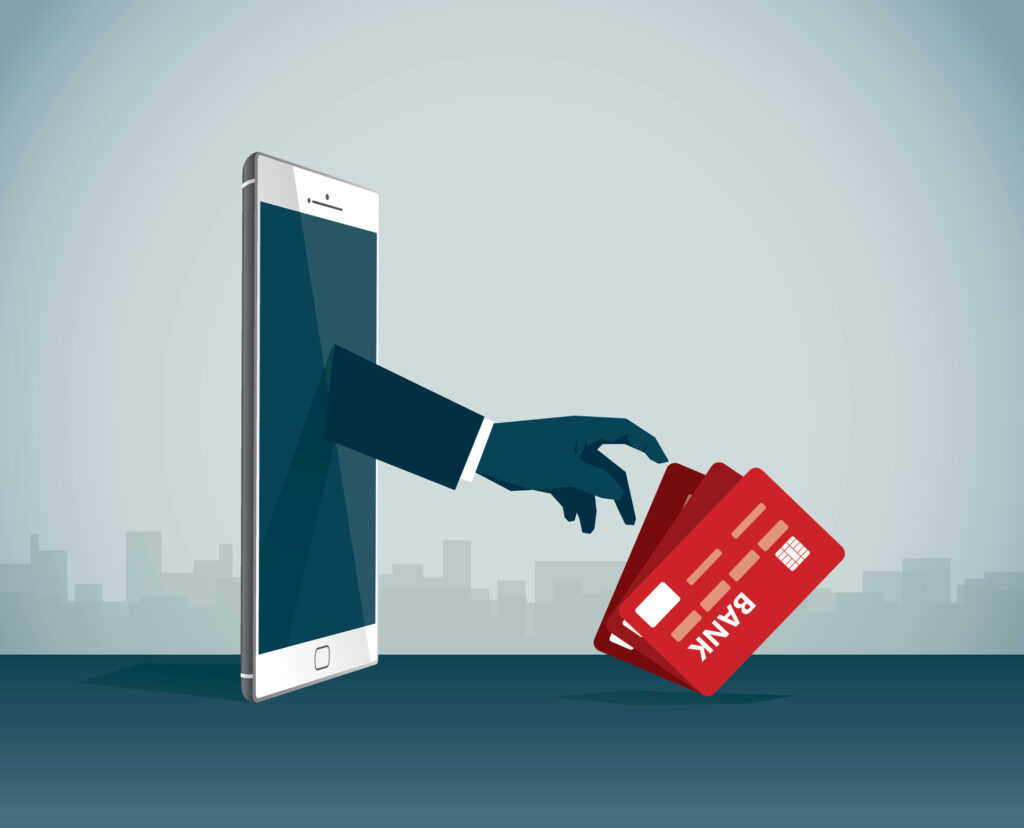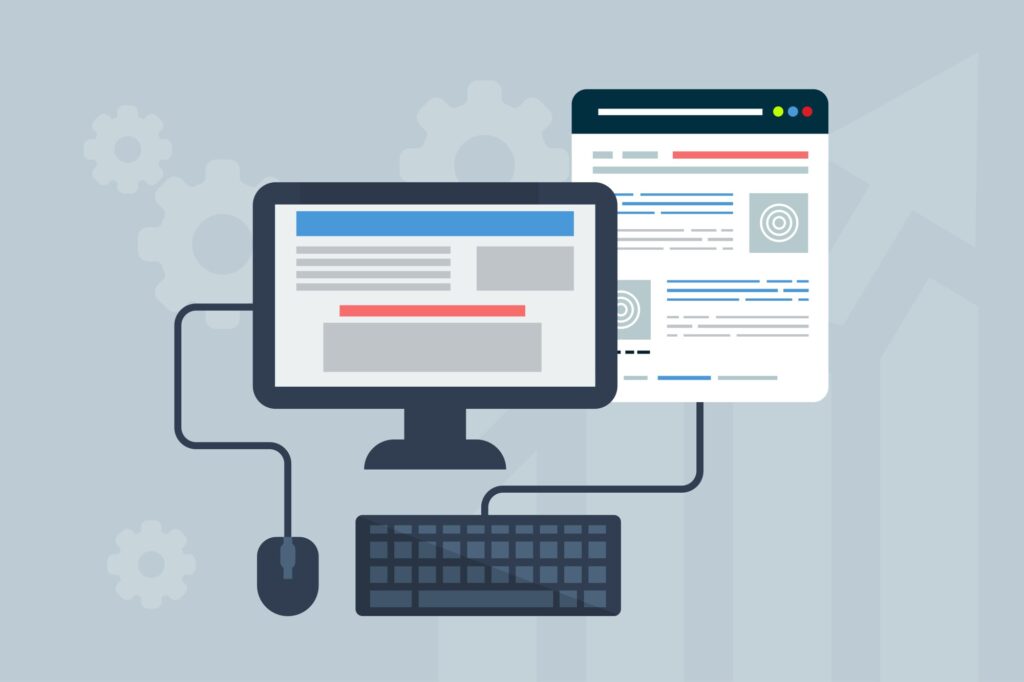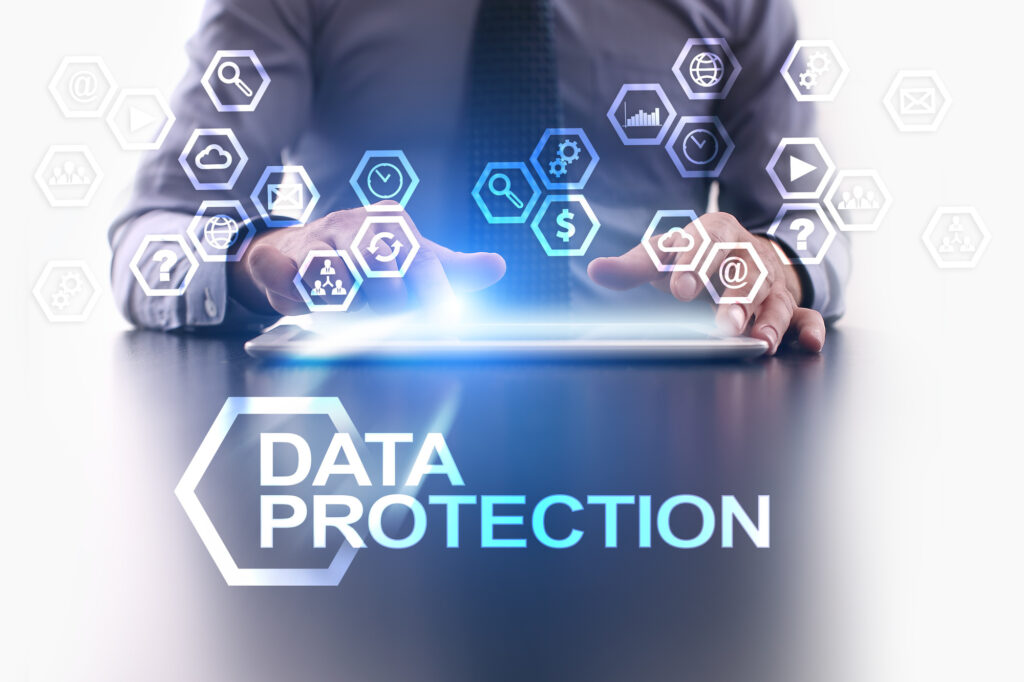Keep an eye out for Holiday scams
November 22, 2019
SecurityTechnology
With the holidays coming up it’s important to really be on guard regarding scams. While there are dangers on the internet any time of the year holidays can be especially bad. Especially since most of us are relying on our phones and laptops to shop for our friends and loved ones. The holiday is the worst time to suffer through a compromised device, you might be traveling or trying to buy last minute gifts. If your device is compromised it means you won't have access to your private info and that could be detrimental to your ability to work or travel.
Phishing scams are a big problem regardless of the time of year, but they can get especially bad around the holidays. Fake websites are just about everywhere and can mimic any website, which makes them very dangerous for most consumers who aren’t expecting them. People can think that they are on a legitimate website but really be on a fake that is going to steal their log in information and take advantage of their info.
Looking for the “https” and lock are a good start to staying safe but even some of the better hackers have been implementing those into their fake website. Which is why it’s important to really take a hard look at the links themselves. Official links won't have weird random words hidden in them, that’s something that only a fake link would have. Official sites should always include an https and a lock but that doesn’t mean that they are legitimate, the best bet to get to the right site is to type it directly into the search bar.
While clicking a link off a search engine seems like a convenient and time saving method it’s a way for fake websites to take advantage of you while you least expect it. So, what are some of the dangers you may be seeing this holiday season?
Weird emails are nothing surprising, but sometimes you get one that’s so weird that you just want to click it. That’s a pretty bad practice and can lead to you compromising your device, and it’s one of the easiest ways that scammers get access to people's information. You get an email from a company you are familiar with confirming an order, maybe you have ordered something recently. You decide to contact the company by clicking the link to let them know it’s been a mistake but in all truth, you’ve just handed over your private information to a scammer.
Or maybe you receive a tracking link, or one letting you know the delivery of your package has been delayed and you can keep an eye on it via the link. Those links can contain harmful viruses that will download onto your device after you click the link. Sometimes they will also include a phone number to call for more information but will ask for a credit card to verify, this is a big red flag. No company requires you to provide that kind of information so you should immediately hang up and keep an eye on your accounts so you can dispute any unauthorized transactions.
You should also be wary about shopping while on public Wi-Fi, this may be the biggest danger of the season. Public Wi-Fi is not secure at all, which means you should avoid making any transactions or logging into accounts with private data. This is one of the easiest ways to have your data compromised, so if you are someone who frequently uses public Wi-Fi you should consider investing in a VPN. VPN’s are a great way of protecting you and your sensitive data by encrypting your browsing so that hackers can’t steal your data.



